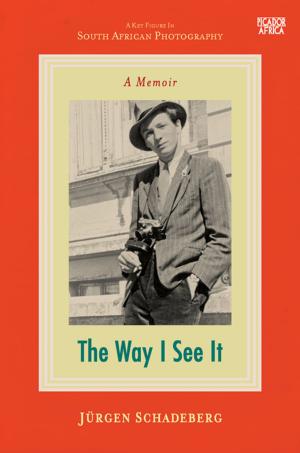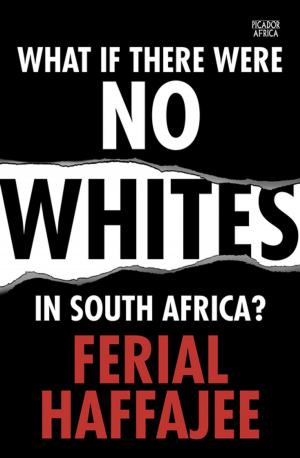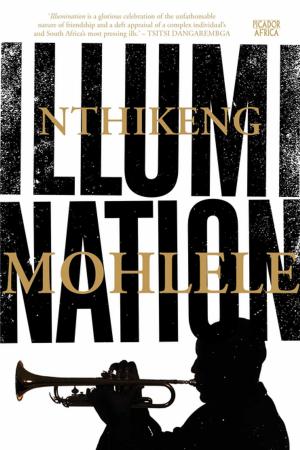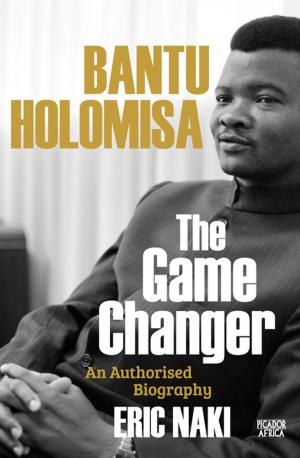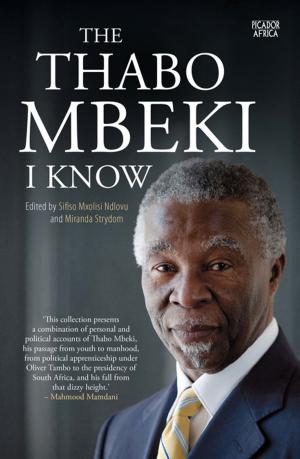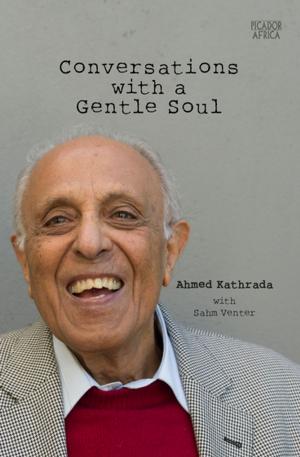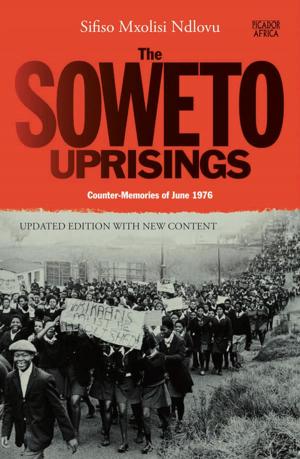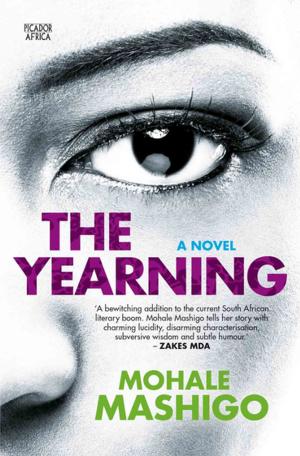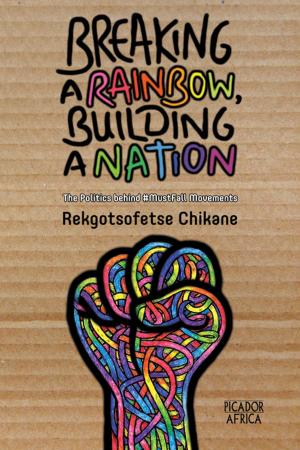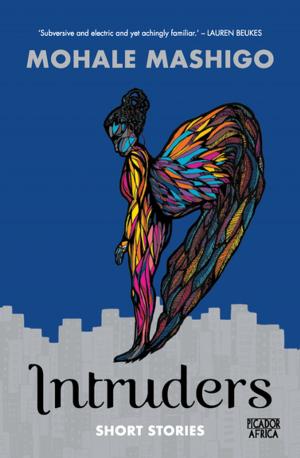| Author: | Dikgang Moseneke | ISBN: | 9781770105096 |
| Publisher: | Pan Macmillan SA | Publication: | October 1, 2016 |
| Imprint: | Picador Africa | Language: | English |
| Author: | Dikgang Moseneke |
| ISBN: | 9781770105096 |
| Publisher: | Pan Macmillan SA |
| Publication: | October 1, 2016 |
| Imprint: | Picador Africa |
| Language: | English |
In My Own Liberator, Dikgang Moseneke pays homage to the many people and places that have helped to define and shape him. In tracing his ancestry, the influence on both his maternal and paternal sides is evident in the values they imbued in their children – the importance of family, the value of hard work and education, an uncompromising moral code, compassion for those less fortunate and unflinching refusal to accept an unjust political regime or acknowledge its oppressive laws. As a young activist in the Pan-Africanist Congress, at the tender age of fifteen, Moseneke was arrested, detained and, in 1963, sentenced to ten years on Robben Island for participating in anti-apartheid activities. Physical incarceration, harsh conditions and inhumane treatment could not imprison the political prisoners’ minds, however, and for many the Island became a school not only in politics but an opportunity for dedicated study, formal and informal. It set the young Moseneke on a path towards a law degree that would provide the bedrock for a long and fruitful legal career and see him serve his country in the highest court. My Own Liberator charts Moseneke’ s rise as one of the country’s top legal minds, who not only helped to draft the interim constitution, but for fifteen years acted as a guardian of that constitution for all South Africans, helping to make it a living document for the country and its people.
In My Own Liberator, Dikgang Moseneke pays homage to the many people and places that have helped to define and shape him. In tracing his ancestry, the influence on both his maternal and paternal sides is evident in the values they imbued in their children – the importance of family, the value of hard work and education, an uncompromising moral code, compassion for those less fortunate and unflinching refusal to accept an unjust political regime or acknowledge its oppressive laws. As a young activist in the Pan-Africanist Congress, at the tender age of fifteen, Moseneke was arrested, detained and, in 1963, sentenced to ten years on Robben Island for participating in anti-apartheid activities. Physical incarceration, harsh conditions and inhumane treatment could not imprison the political prisoners’ minds, however, and for many the Island became a school not only in politics but an opportunity for dedicated study, formal and informal. It set the young Moseneke on a path towards a law degree that would provide the bedrock for a long and fruitful legal career and see him serve his country in the highest court. My Own Liberator charts Moseneke’ s rise as one of the country’s top legal minds, who not only helped to draft the interim constitution, but for fifteen years acted as a guardian of that constitution for all South Africans, helping to make it a living document for the country and its people.

